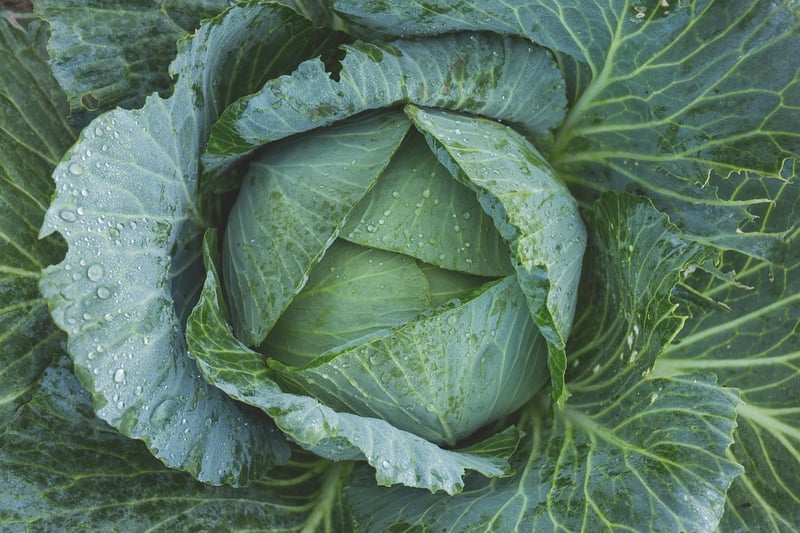Organic Options
The Essentials of Organic Gardening
Welcome to the world of organic gardening! Whether you're a seasoned gardener looking to make the switch to organic practices or a beginner eager to grow your own produce sustainably, understanding the key components of organic gardening is essential. Let's explore the foundations of organic gardening and some organic options to get you started.
Key Components of Organic Gardening
1. Soil Health
Healthy soil is the cornerstone of organic gardening. It is vital to nurture your soil by adding compost, organic matter, and natural fertilizers to promote a thriving ecosystem for your plants.
2. Natural Pest Control
Organic gardening focuses on controlling pests and diseases using natural methods such as companion planting, beneficial insects, and organic pesticides derived from plant-based ingredients.
3. Crop Rotation
Rotate your crops each season to prevent soil depletion and reduce the risk of pests and diseases. This practice helps maintain soil fertility and overall plant health.
Organic Options for Your Garden
1. Organic Seeds
Start your garden with organic seeds to ensure that your plants are free from synthetic chemicals and genetically modified organisms (GMOs). Look for certified organic seeds from reputable sources.
2. Organic Fertilizers
Choose organic fertilizers such as compost, aged manure, and organic soil amendments to provide essential nutrients to your plants without the use of synthetic chemicals.
3. Organic Pest Control Products
Opt for organic pest control products like neem oil, insecticidal soap, and diatomaceous earth to manage pests in your garden without harming beneficial insects or contaminating the environment.
4. Organic Mulch
Use organic mulch such as straw, leaves, or grass clippings to suppress weeds, retain moisture, and improve soil structure in your garden beds.
Embark on your organic gardening journey by incorporating these key components and organic options into your gardening practices. Cultivate a sustainable garden that promotes biodiversity, protects the environment, and yields healthy, chemical-free produce for you and your family to enjoy.

For more inspiration and ideas on organic gardening, check out Rodale Institute, a leading organic agriculture research organization.
